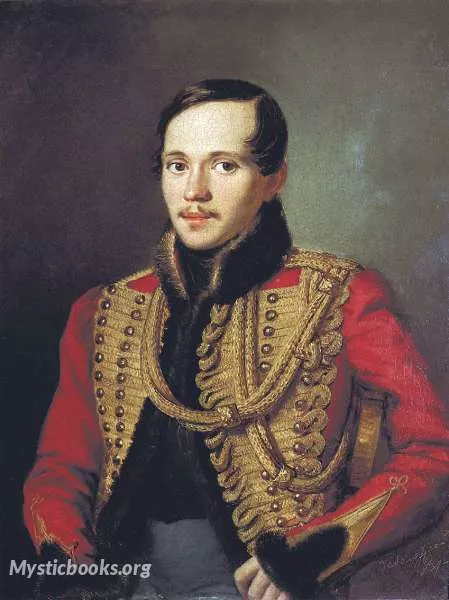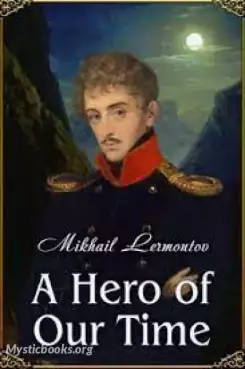
Timeline
Title
Country/Nationality
Mikhail Lermontov
Mikhail Yuryevich Lermontov was a Russian Romantic writer, poet and painter, sometimes called "the poet of the Caucasus", the most important Russian poet after Alexander Pushkin's death in 1837 and the greatest figure in Russian Romanticism. His influence on later Russian literature is still felt in modern times, not only through his poetry, but also through his prose, which founded the tradition of the Russian psychological novel.
Mikhail Lermontov was born in 1814 into an aristocratic Russian family and grew up in a trilingual environment. His ancestor was the Scottish Knight George Lermont, who came to Russia in 1613 and served the Tsar. Lermontov's grandmother hired a Frenchman, named Jean, who became a servant to the young poet. In addition his nanny was German. His mother died when he was 2 years old, and his grandmother took him away from his father. Lermontov graduated from a boarding school for the sons of the nobility in Moscow, where he studied English literature.
At age 14 he wrote "The prisoner of the Caucasus" and other early poems in the vein of Lord Byron and Shelly. From 1828-32 he studied at Moscow University. From 1832-34 he was a cadet at the Emperor's School of Cavalry Guards in St. Petersburg, from which he graduated as an Officer of the Imperial Cavalry Guards. At that time her wrote "Borodino", dedicated to the 1812 victory over Napoleon.
Lermontov was stunned by the duel and death of Alexander Pushkin and accused the autocratic Tsar Nicholas I and his "greedy throng around the Throne" in the "murder of the Genius". Arrested and exiled to the war in the mountains of Caucasus, he distinguished himself in battles and returned to the capital of St. Petersburg as a celebrity. His disillusionment in the aristocratic milieu, and his indignant observations of the Metropolitan vanity fair, occasioned his drama, "Masquerade".
His duel with a French diplomat led to his second exile to the war in the Caucasus. In 1839 he finished his first and only novel "A Hero of Our Time" with a prophetic rendition of a duel which paralleled the end of his own life in July 1841. That duel was possibly the work of the Tsar's conspiracy against yet another rebellious genius. Lermontov's dexterous command of language shines in such masterpieces as "The Cliff", "Prophet", "The Dream". His sacrilegious "Demon", about an angel who falls in love with a mortal woman, inspired Anton Rubinstein on writing a lush opera. Boris Pasternak was influenced by Lermontov's mellifluent lines, and Vladimir Nabokov imitated the structural patterns of "The Hero of Our Time".
Books by Mikhail Lermontov

A Hero of Our Time
A Hero of Our Time is a novel by Mikhail Lermontov, written in 1839, published in 1840, and revised in 1841. It is an example of the superfluous man novel, noted for its compelling Byronic hero (or antihero) Pechorin and for the beautiful descriptio...